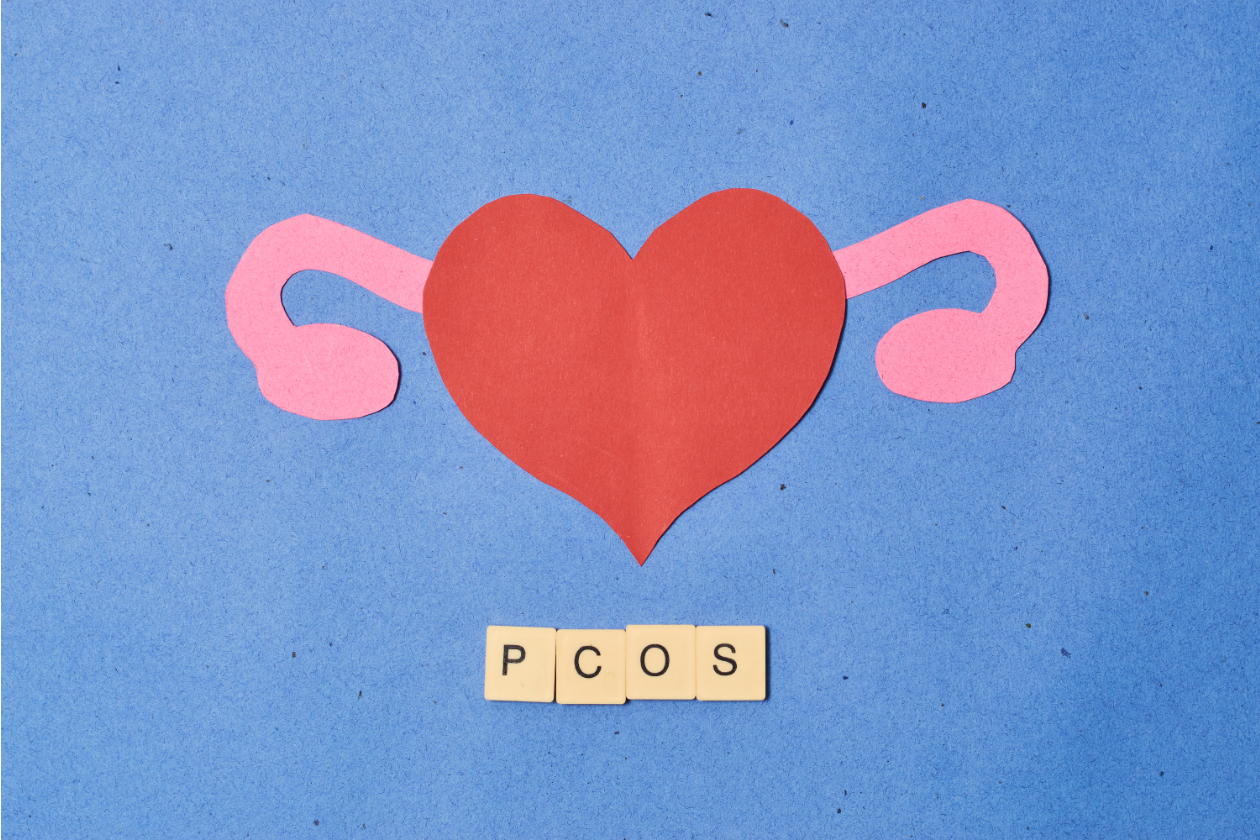Practical strategies to balance hormones, relieve symptoms, and improve fertility outcomes for women living with PCOS.
What is PCOS and How It Affects the Body
Polycystic Ovary Syndrome (PCOS) is one of the most common hormonal disorders affecting women of reproductive age. It can influence everything from menstrual cycles to fertility and overall health. Understanding PCOS helps women manage its symptoms effectively and protect their reproductive well-being.PCOS occurs when the varies produce excessive androgens (male hormones) that interfere with normal ovulation. This leads to irregular periods, cyst formation in the ovaries, and symptoms like acne, hair growth on the face, or weight gain. Although the exact cause is not known, genetics and lifestyle factors play major roles.
Women with PCOS often experience hormonal imbalances involving insulin and testosterone. High insulin levels can increase androgen production, creating a cycle that worsens symptoms over time. Identifying these patterns early helps in controlling the condition before it leads to complications such as diabetes or infertility.
PCOS and Fertility: The Connection
A common concern among women with PCOS is difficulty conceiving. Irregular ovulation or absence of ovulation reduces the chances of natural conception. However, it is important to know that PCOS-related infertility is treatable.
Many women conceive successfully with lifestyle adjustments, medications that regulate ovulation, or assisted reproductive treatments such as IUI or IVF. Maintaining a healthy weight, eating a balanced diet, and managing stress are often the first steps toward restoring fertility.
Lifestyle Changes that Make a Difference
Lifestyle management forms the foundation of PCOS treatment. Regular physical activity improves insulin sensitivity and helps regulate menstrual cycles. Diets rich in fiber, lean proteins, and healthy fats support hormonal balance. Avoiding sugary foods and processed carbs reduces insulin spikes, easing symptoms like acne and weight gain.
Stress management through yoga, meditation, or other relaxation techniques also supports hormonal balance. Small, consistent efforts toward a healthier lifestyle often bring long-term improvement without heavy medication reliance.

Medical Treatment Options for PCOS
In some cases, medications are required to control symptoms and improve fertility. Doctors may prescribe oral contraceptives to regulate cycles, metformin to control insulin resistance, or fertility drugs to induce ovulation. Advanced treatments such as IVF offer hope for women who don’t respond to medication.
It’s crucial to have a personalized treatment plan based on individual needs. Regular check-ups, hormonal assessments, and ultrasound scans help track progress and adjust therapy accordingly.
Protecting Your Health with Early Action
Preventive care plays a crucial role in supporting long-term health by identifying and addressing potential health issues before they become more serious. In this section, explore key health screenings, like mammograms and Pap smears, recommended at different ages, and learn about other essential health checks that every woman should consider. Early detection can make all the difference, empowering women to take control of their health and well-being at every stage of life.
Fueling and Strengthening the Body
Proper nutrition and regular physical activity are the foundation of a healthy life, providing energy, supporting mental clarity, and reducing the risk of chronic diseases. This section offers guidance on key nutrients and balanced diets tailored to women’s unique health needs, covering topics like bone health, heart health, and hormone balance. Additionally, discover fitness routines and exercises designed to build strength, improve flexibility, and support women’s overall wellness, from young adulthood through the later stages of life.
Understanding and Navigating Life’s Changes
Reproductive health encompasses a wide range of topics, including hormonal balance, menstrual health, fertility, pregnancy, and menopause. This section addresses common questions about reproductive health, as well as the management of conditions such as PCOS, endometriosis, and more. Learn how hormones impact your body, ways to support a healthy reproductive system, and what to expect as you transition through different life stages. Knowledge and self-care can help make each stage as healthy and fulfilling as possible.
PCOS is not just a reproductive condition — it can affect long-term health and emotional balance. Women with PCOS are at higher risk for diabetes, heart disease, and anxiety. Managing emotional health through counseling and support groups can make a big difference.
Taking proactive steps early, staying consistent with treatment, and maintaining a positive outlook are key. With the right medical guidance and self-care, women can manage PCOS effectively, boost fertility, and lead a healthy, confident life.







Comments
adamgordon
Thanks for sharing this information is useful for us.